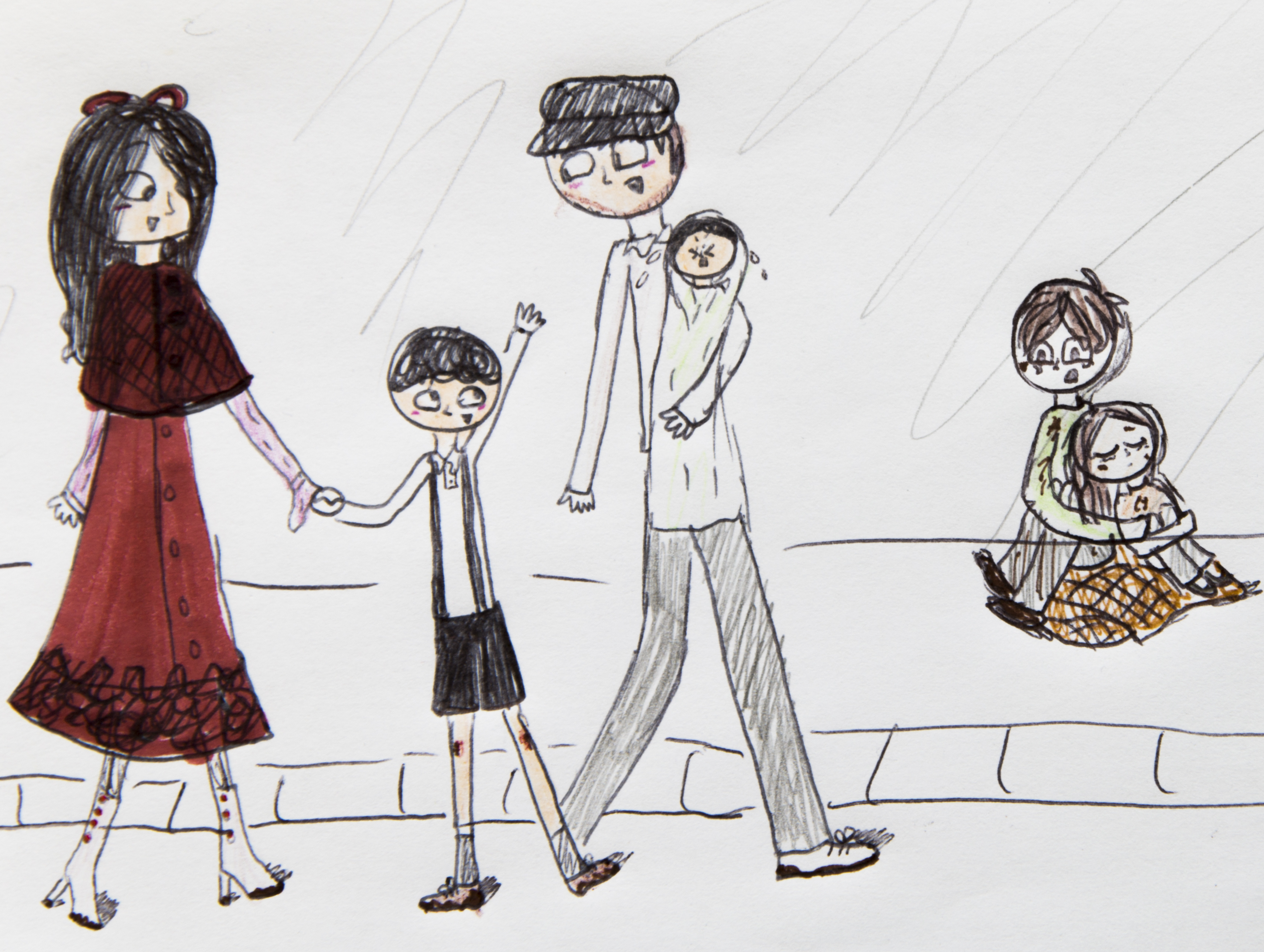People need a chance to thrive, not just survive
Introducing a new universal basic income will help create the kind of society we want to see, argues Jamie Cooke
It sounds clichéd, but we live in a time of tremendous change. And we need to start thinking about how to change with it.
Global connectivity, technological progress and social upheaval combine to create an environment of flux, and one in which the pace of change has accelerated exponentially. We face new opportunities and challenges around how our society functions, the future nature of work, and the future we can offer – yet we seek to respond to these with the same structures and approaches we have been deploying for decades. We are presenting 20th century answers to 21st century questions.
It’s ironic then in many ways, that it is an old concept which has suddenly picked up a huge amount of interest and momentum in the last couple of years in Scotland, and indeed across the world. Basic Income, also referred to as Universal Basic Income or Citizens’ Basic Income, has been sitting at the fringes of policy debate since the time of the French Revolution, yet has suddenly been thrust to the forefront of top level discussions and is finally getting some traction. In Scotland, our government has committed to supporting the development of Basic Income pilots to test the concept and four local authorities (Fife, Glasgow, North Ayrshire and Edinburgh) have committed to acting as experiment sites.
To understand why this old idea is suddenly relevant, and what can it offer us here in Scotland, it is important to identify what the idea of Basic Income is. In its current debated form, a basic income is a direct payment from the state to each citizen, regardless of their economic or social position. Although there can be different interpretations of the idea, they share certain core characteristics.
First, it is universal. Every citizen receives the income without discrimination, regardless of their position in society or financial resources.
Second, it is unconditional. Citizens are free to use the income as they see fit, there are no conditions, presumptions or sanctions attached to usage.
It is individual, paid to everyone, including children, with the Basic Income for children would be paid to a parent, usually the mother if possible, and it is regular and secure. Paid to each citizen on a regular and dependanble basis.
It is these core characteristics that explain Basic Income’s relevance to where we are. The economic environment we operate in has become increasingly insecure and fragmented, leading to the growth of a new social class identified as the Precariat. The nature of this class undermines the traditional presumption that work is the best route out of poverty – many of them are in employment, but still fall into the greatly expanded grouping of the working poor. With the increase in short term, insecure contracts, many people are left living with limited resources and little opportunity to respond to change or get through unexpected economic or health shocks. The security that Basic Income offers is an essential response to this new environment. In providing a basic income, enough to cover essential, we provide a security that allows people to make decisions on a secure basis and to thrive rather than simply hope to survive.
The unconditionality and universality of Basic Income serves as the basis to a new and renewed social contract. The social contract we have possessed, with many of its key components introduced in the post-war period, has been undermined both consciously and unconsciously over the decades, into a system rooted in a distrust of each citizen. We now, as a society , operate on the presumption that people must be ‘forced’ into social productive behaviour through sanctions and conditions, rather than trusted to want to make the best of their lives if provided with support and opportunity. An unconditional Basic Income makes the clear statement that as a society we trust our fellow citizens and want them to achieve all they can.
Is it idealistic? I don’t think so. The impact of Basic Income is rooted in the understanding we have developed of what motivates humans, thanks to the psychologist Abraham Maslow’s hierarchy of needs and the insightful work of Dan Pink on autonomy, mastery and purpose.
Some have attacked Basic Income (from both the left and right) as being anti-work, yet I would argue that the introduction of a Basic Income is essential for us to create an economy where work truly matters. Work has changed dramatically and we need to change our understanding of it. It is largely no longer a case of 9-5 jobs for life, but rather a lifelong progression of different places and positions. Work is also about more than simply paid employment. It is about self-employment and entrepreneurial behaviour, carers, volunteering, and creativity. A Basic Income which offers the security to people to be able to make those decisions for themselves and shows that we, as a society value those choices, will create an environment in which work can truly matter as a force for purpose and impact in people’s lives.
The world is changing, and we need to change with it. Basic Income may be an old idea, but it is one which finds itself ideally placed to help us respond to the new world we are heading into. It won’t solve every problem, but it will give us the foundation create the new society we want to see. I, for one, am proud that Scotland is leading the way once again.
Jamie Cooke is Head of RSA Scotland and a Board Member of Citizens Basic Income Network Scotland.
This comment piece first appeared in Children in Scotland magazine, issue 184 (February-March 2018)

Do you agree?
Tell us what you think on social media. Join in the conversation #CiSMagazine
Join the conversation
Citizens Basic Income Network Scotland
Citizen’s Basic Income Network Scotland is a new organisation set up to raise awareness of the benefits that a Basic Income would bring to Scotland.
Find out more
TedX Glasgow
View Jamie's TedX Glasgow talk on the benefits of Universal Basic Income
Visit the talk
Join us
Join us in membership from as little as £60 to receive a wide range of benefits
Find out moreThe Learning Guide: Winter 2017-18
Browse our fantastic range of training and events: from the experts, for the sector
Download the PDF
Our projects
As part of achieving our vision that all children in Scotland have an equal chance to flourish, we undertake a wide range of work.
Find out about our projects